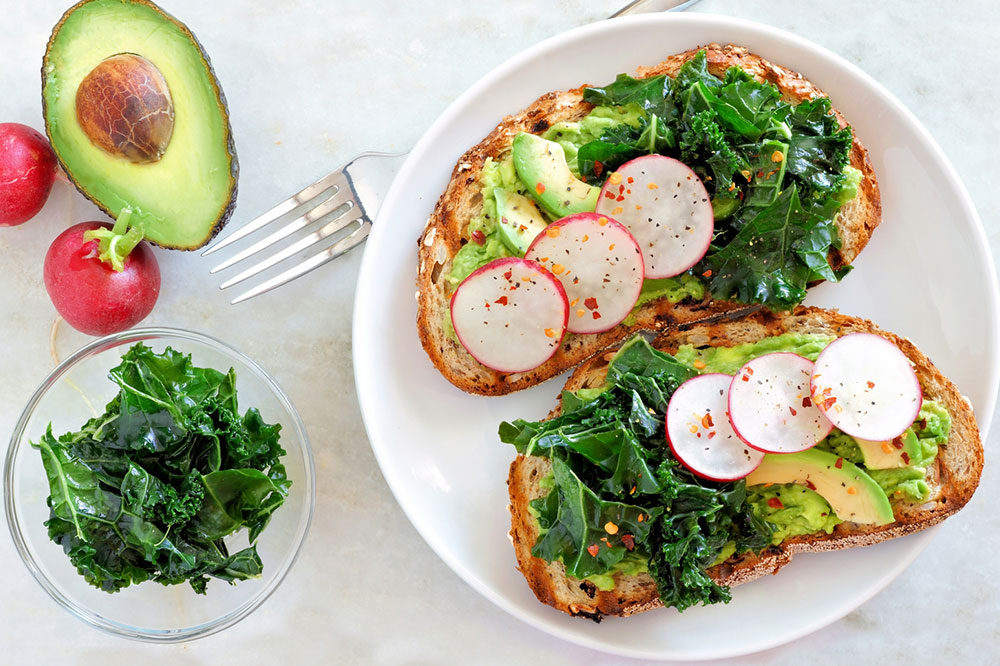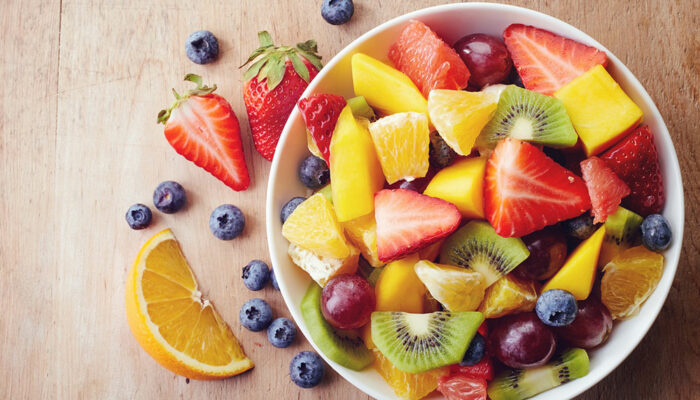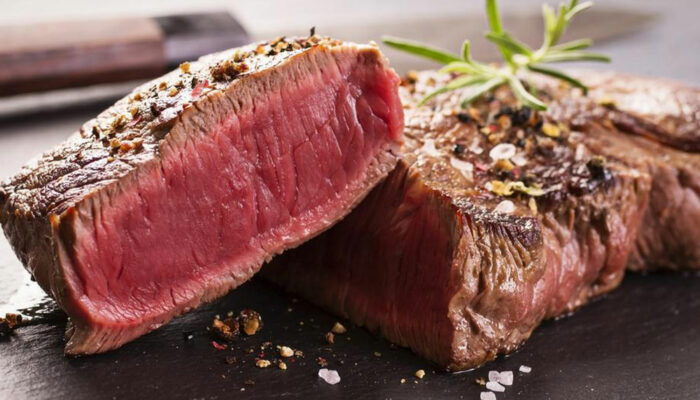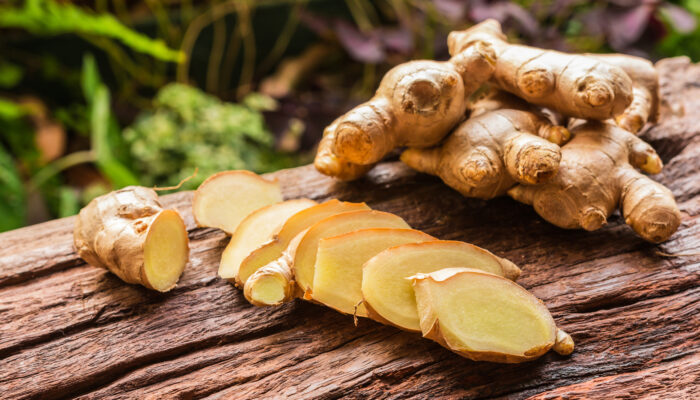
Foods to Eat and Avoid With GERD and IBD
Heartburn, bloating, stomach upset and loose bowel movements can be an annoying and uncomfortable sensation that one feels in their chest right after they have eaten a heavy meal. Having it once in a while is not a cause for concern, but some people have it more than one time in a week; the intensity is high and it can even disturb your sleep. This indicates irritable bowel disease (IBD) or GERD (gastroesophageal reflux disease). While GERD and IBD can be treated with medications, some these top five foods to eat and avoid for GERD and IBD can help:
Foods to eat:
- Fruits and vegetables
It is best to consume fruits belonging to the non-citrus group like bananas, apples, melons, and pears among others when you have been diagnosed with GERD or IBD. Citrus fruits may cause acid reflux and worsen your symptoms. You can choose from many types of veggies, but it is best to avoid any toppings or sauces that may have high-fat content or irritants, such as onions and tomatoes. - Lean proteins
These are excellent protein sources; if you are allergic to eggs, you may only consume the egg white and avoid the high-fat yolks. High-fat meats will decease the lower esophageal sphincter pressure, thereby delaying stomach emptying; so it is best to opt for lean meats which have been grilled, baked, poached, or broiled. - Complex carbs
Whole grain rice and bread, oatmeal, etc., are healthy, complex carbs that can add a lot of fiber to your diet. - Healthy fats
While fat may be calorie-rich it is needed for your everyday diet. It is best to avoid saturated fats and trans fats as far as possible and choose unsaturated fats that can be obtained from fish. For example, monounsaturated fats are best derived from oils like sesame, olive, sunflower, and canola, avocados, peanut butter, seeds, and nuts. Polyunsaturated fats can be obtained from fish like trout and salmon, flaxseed and walnut, etc. - Probiotic foods
These contain good bacteria that can resolve digestive problems; such foods are also rich in fibers. For example yogurts, kefir, sauerkraut, raw kimchi, kombucha, etc.
Foods to avoid:
- Alcohol
This should be consciously avoided, especially red wine which is known to cause acidity in most people. - Spicy food
Black pepper, onions, garlic, and other spicy substances aggravate acid reflux. - Chocolate
Fatty foods, peppermint, and chocolate can worsen GERD symptoms as they relax the LES or the ring of muscles which keeps the esophagus separate from your stomach. - Citrus food
Citrus fruits like oranges, lemons, and even tomatoes must be avoided, as these increase stomach acidity and damage the inner lining of the esophagus. - Carbonated beverages
These can also increase acidity and stomach pressure, allowing the stomach acids to move upwards through the lower esophageal sphincter into the esophagus.
If you suffer from IBD (colitis or Crohn’s disease) talk to your doctor about medications like Stelara, Entyvio, Otezla, Kesimpta, and Linzess that can help manage your symptoms.



